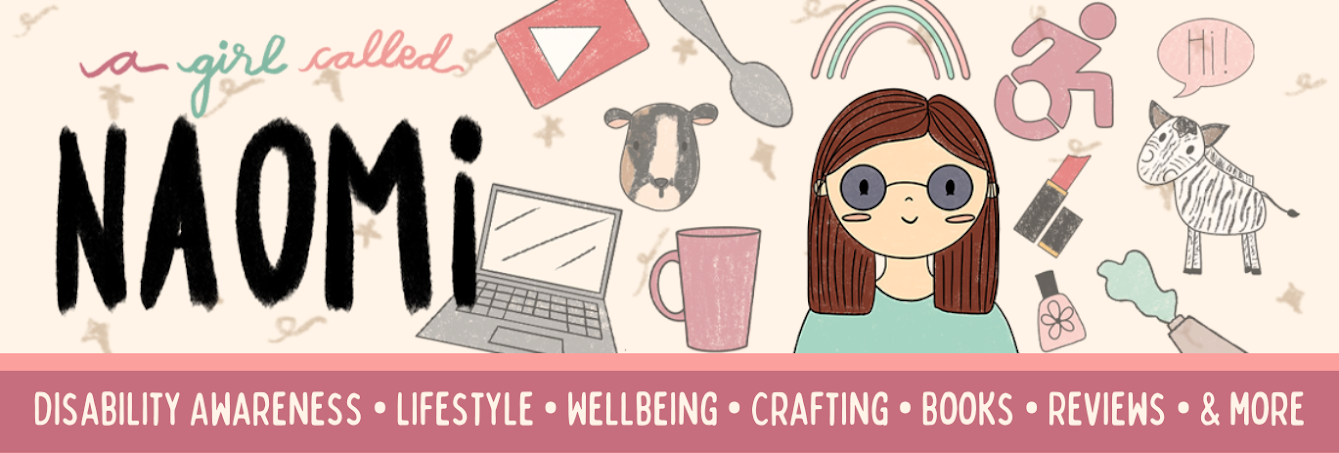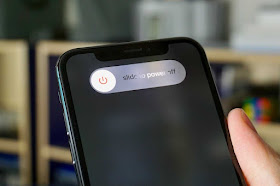Blogging when you have chronic health problems and disabilities can be a little tricky at times but it can be possible to do and I love blogging (hence why I'm still going with this blog three years on!) -
the main thing is to be organised and plan!
My secret to posting weekly is that I have a whole bunch of pre-typed blog posts that I auto schedule to post and often I'm months ahead of myself which is so helpful as if I didn't do this with the unpredictable nature of my health I could and have gone through periods where I haven't been able to type any blog posts for a few weeks, so knowing that I have everything lined up is very reassuring.
I like to blog on a variety of topics; not just disability content as after all my health is only one portion of who I am and there's lots of other things about me that I like to share with you. To ensure I get variety in my blog posts and to try and get some balance between health and non-health posts when I have my pre-typed finished posts I mix around the topic areas on the auto-scheduling. (My blog may look neat and tidy but behind the scenes it's much more chaotic with finished and draft posts; thankfully I can tidy it up and view draft posts or scheduled posts etc).
To help me write posts I've started a bullet journal where I keep blog post topic ideas (and those for
my YouTube channel). I've found since doing this it's really helpful as I (a) don't have the draft loads of post ideas with just a title as the title is in my bullet journal and (b) I can plan in my bullet journal with key points I want to include in my blog post as well as research as where possible I like to include quotes, research, organisations or helplines for readers to go to if they wish to find out more or want to contact a helpline.
Then as well as the posts themselves is having an easily designed blog. The Blogger theme layout on my blog I feel works really well for me. It has changed over time though since I got and illustrator to design my header I've kept the main design of my blog the same. Then there is the side bar, again this has seen a few changes, mostly as I work out what items work best where and also as I discover how to do new things. You may also notice that I have an accessibility widget with features to change the accessibility of my blog such as changing the font and it's size or adding a reading ruler. I like to be as accessible as I can and I'm the same with my YouTube videos where I always include subtitles and CC.
So, my main points for people with a chronic illness/disability who would love to start blogging are:
➜ Have a notebook or bullet journal or something similar to note down ideas for blog post titles, points on what you want to include your blog post - this could be a list or spider diagram, whatever works best for you. (I also find colour coding helpful.) Also include research in your notes such as links to articles or organisations for example that link to your blog post. I also find planning helpful with my dyslexia.
➜ Post in advance - rather than writing week-by-week write your post here and there is you're not able to write a whole post in one go and then once the post is finished schedule it to auto post. This is how I create blog posts and I bank up posts to the point where I'm more-or-less able to share posts on a weekly basis.
➜ If you want to post for a particular event do the same above, sometimes I've written awareness event posts months in advance.
Work out what you want your blog to be about - a disability blog, a fashion and beauty blog, a journal blog , a recipe blog or a blog about all aspects of who you are and what interests you.
➜ Find a blogging platform that is best for you, I have no affiliation with Blogger but I've just found that it's the best one for me. A while back I did switch over to WordPress but I struggled to navigate it so I came back to Blogger, but for you WordPress or other platforms may work for you.
➜ Don't buy a domain straight away - wait and see how much you get on with blogging before you purchase your own website domain and maybe even longer to attach an email to your blog.
➜ Have a design layout of your blog that works for you. I find that keeping is simple is best and let your posts do all that talking.
➜ Also be aware of accessibility, this could be the colour scheme or font you're using. Places like UserWay offer a free accessibility widget (this is what I have on my blog). Also ad alt text or image descriptions to images.
➜ A lot of putting together my blog from post ideas to how to set-up certain things like social media links or 'how to do ...' comes from searching on Google and YouTube.
➜ Don't put pressure on yourself. Blogging has to be something that you enjoy doing; you don't have to blog regularly or always write long detailed posts.






